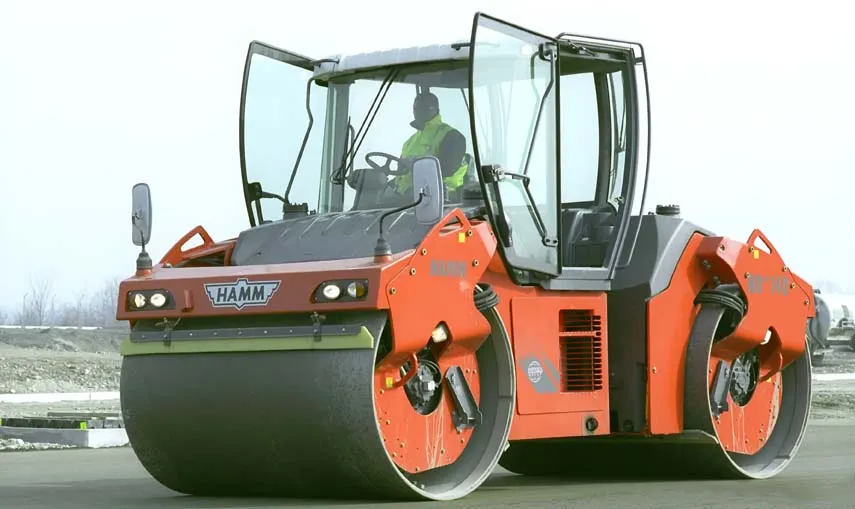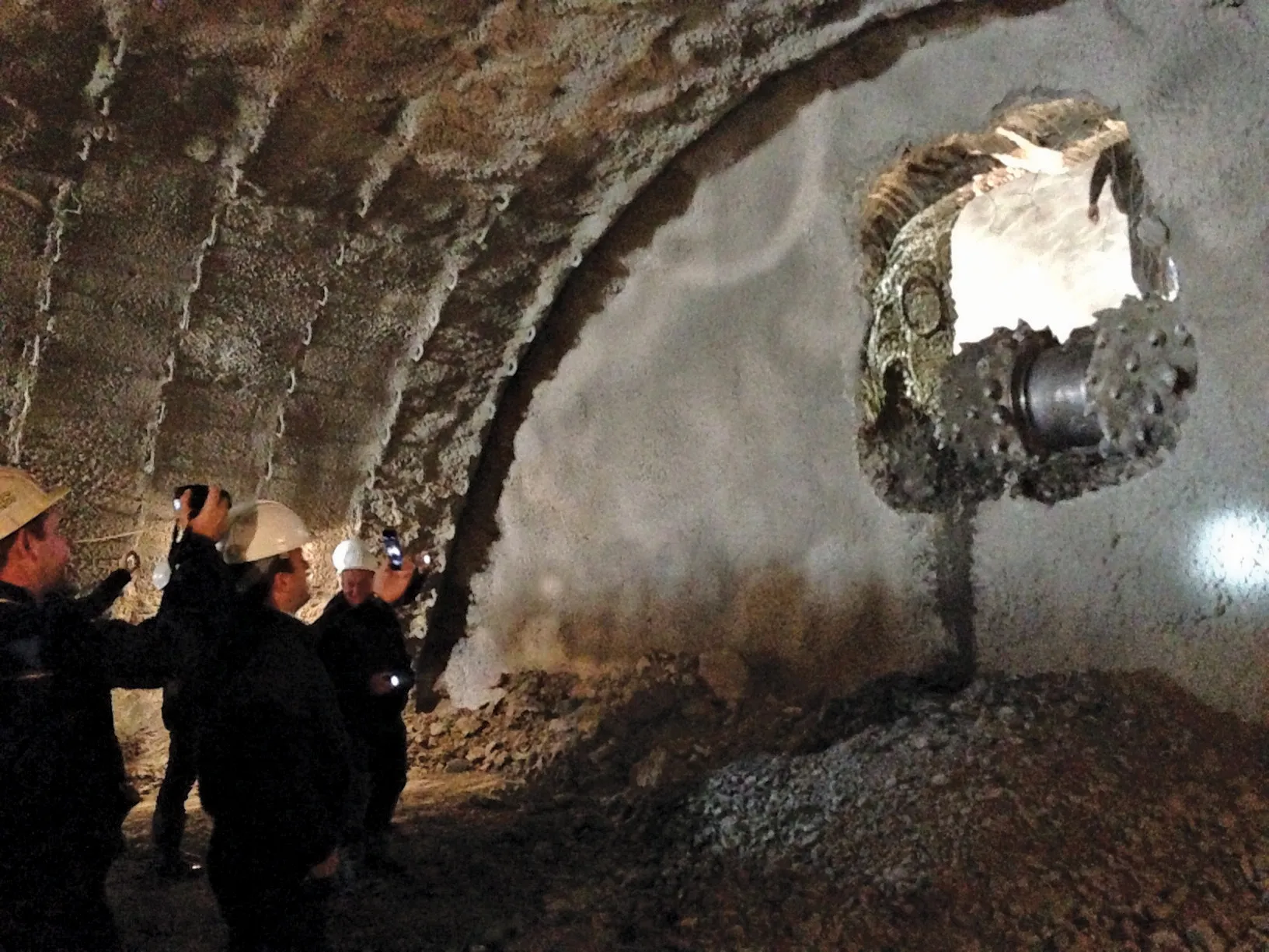An English borough council has invested more than £500,000 in a new fleet of state-of-the-art GPS guided gritting trucks to help combat the big winter chill descending on Britain.
March 19, 2012
Read time: 2 mins
An English borough council has invested more than £500,000 in a new fleet of state-of-the-art GPS guided gritting trucks to help combat the big winter chill descending on Britain. Westminster City Council in London will control the new machines from a central command centre as they spread the 1,600 tons of salt stockpiled in three silos across the borough. Each truck can carry up to eight tonnes of salt, and have their whereabouts tracked through their built-in GPS. Sensors also indicate whether or not each vehicle is spreading salt or just travelling. An on-board satellite navigation unit allows the central command centre to give truck drivers visible instructions of where to go and the best route to get there, delivering greater round efficiency and ensuring salt is spread where most needed. Cabinet member for city management, Councillor Ed Argar, said: “Although we have had a mild autumn Westminster is never complacent when it comes to getting ready for winter weather, we have not relented in making sure that everything is in place to combat ice and snow. “If the temperature drops this winter, Westminster City Council will be doing all it can to keep our roads and pavements clear and keep the transport network moving. This innovative and state of the art technology will make a significant impact.” There are 1,000km of road and pavement within Westminster - with the length of pavement alone akin to a journey from London to Glasgow and back. Grit levels have also been increased by Westminster City Council to deal with any issues before and after they arise. As a result of its investment in new gritting machinery, the Council can now call on six new 18tonne carriageway gritting vehicles, able to carry eight tonnes of salt; and two new 10tonne carriageway gritting vehicles, able to carry five tonnes of salt. The authority also has seven Powerflex and 3 Hako vehicles for mechanically gritting pavements.








